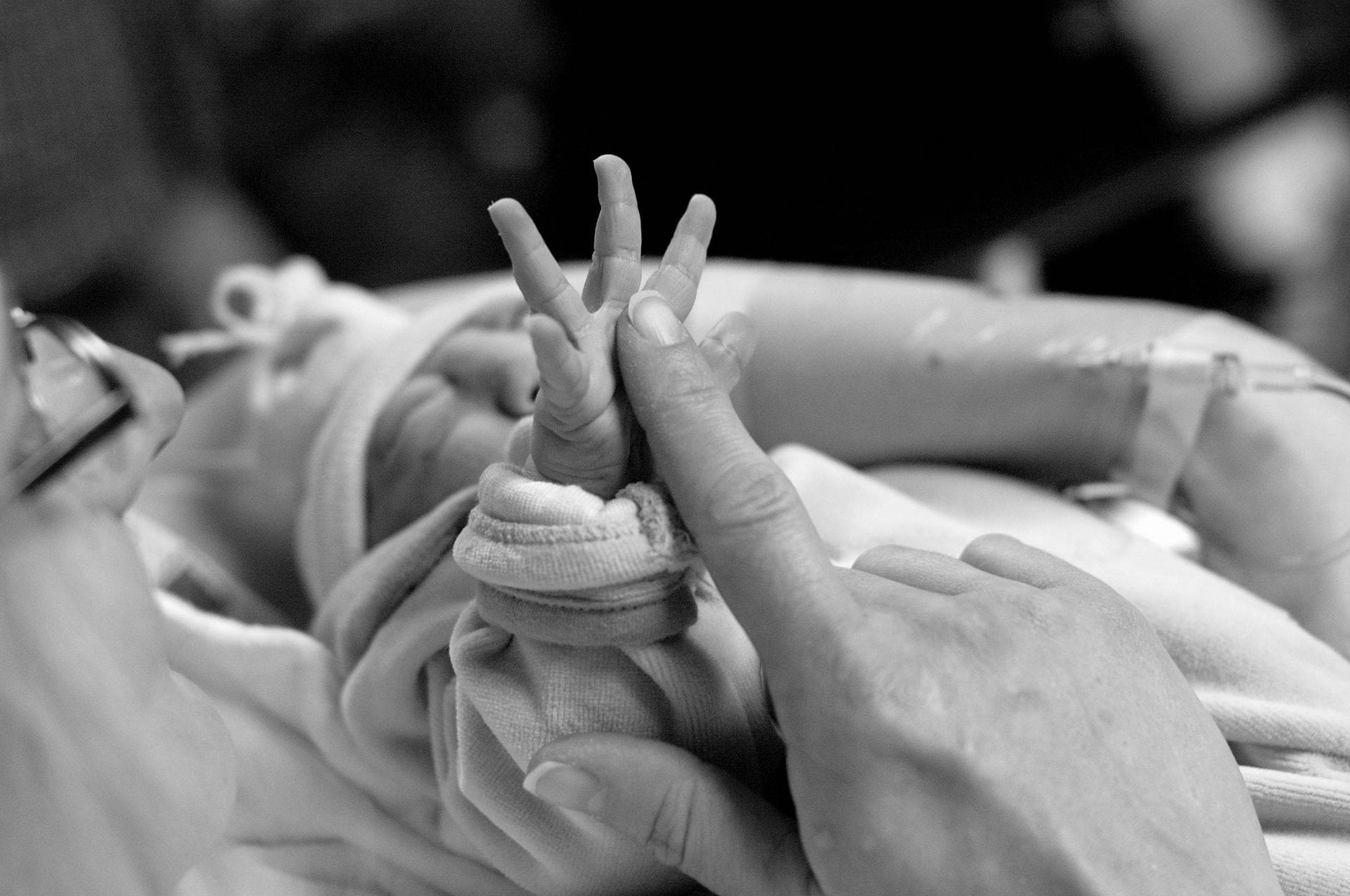The right to life is the key principle that animates the pro-life movement. We believe that every single human being has a fundamental right to life. This human right is innate and immutable. Directly and intentionally taking an innocent life is always immoral and indefensible.
But if the movement focuses only on rights and ignores the corresponding duties that are necessary to protect the lives of the vulnerable, it will not succeed in achieving its goals.
Libertarianism is centered on a commitment to the autonomy of the individual and removing impediments to the individual’s freedom of action. There are self-described pro-life libertarians, but it should come as no surprise that a majority of libertarians are pro-choice. We should appreciate these pro-life libertarians’ opposition to abortion, but we should also encourage them to drop their libertarianism for an approach to politics that will better protect life.
Libertarians are highly skeptical of government action. This is one reason why so many libertarians oppose laws designed to protect unborn life. When libertarians spread poisonous anti-government rhetoric, it undermines the pro-life movement’s efforts to secure legal protections for unborn lives. If government is the problem, how could it be the answer to protecting life?
The pro-life movement would be wise to avoid libertarian rhetoric and affirm the responsibility of not just individual people and communities, but also governments, to protect life. Building a culture of life is integral to defending all life, but human rights cannot be left to individual virtue. Governments exist to secure the most fundamental rights that belong to all.
The government’s role must extend beyond prohibiting abortion to securing the economic justice that will minimize the number of abortions.
Supporters of legalized abortion often wrongly claim that securing legal rights for unborn children will not reduce the number of abortions. But pro-lifers should not match this falsehood by arguing that this would eliminate all abortions. Economic insecurity is a major motive for abortion, even among those who view abortion as immoral. Thus, a laissez-faire approach to economics not only undermines economic and social justice; it is a grave threat to unborn life.
Only by fixing and strengthening the social safety net, supporting pregnant women to ensure their needs are met, developing pro-family policies, and increasing economic opportunity and mobility for those living in poverty can we minimize abortion. This demands robust government action, something that cannot be reconciled with libertarianism.
Libertarianism is built on the foundation of individual self-interest. Defending life, meanwhile, means asking others to look beyond their narrow self-interest. Strong families and communities are not built on self-interest, however rational or enlightened it might be. A sense of solidarity and a commitment to the common good are firmer foundations for a society and government that guarantees human rights. What is needed is not more individualism and autonomy, but a greater sense of community and a recognition that our responsibilities include promoting the common good.
This strategy is not only valuable because it offers the best path to protecting the lives of all; it is prudent on a tactical level. A good way to strengthen the pro-choice side is by framing the debate around autonomy, individual choice, and self-interest. Can the ‘pro-choice’ side really lose to the ‘pro-life’ side if the debate is over choice or autonomy instead of human dignity and worth? It is unwise to debate on their terrain.
Pro-lifers should be clear that human flourishing and genuine freedom are not all about autonomy and individual choice. The autonomous, isolated individual of an atomized society is stripped of that which makes a person truly human, just as the ‘mass man’ of the collective must suffer under a system that is antithetical to human nature and anthropology.
If autonomy is the pre-eminent virtue, the dignity of children and those in the twilight of their life, who are dependent on the care of others, must be diminished. Their worth must be diminished. But it is not. Not a single person can experience an authentically human life without being a member of numerous communities, from the family to the neighborhood to the state. And this means we all depend on others to flourish, and we all have responsibilities to one another. To reject these is not to experience liberty, but to be enslaved by our own selfishness, narcissism, and hubris.
If the pro-life cause embraces true freedom (instead of a version obsessed with autonomy and self-interest), its commitment to the worth and dignity of all will stand on a firmer foundation.
If the pro-life movement wants to succeed, it should embrace a comprehensive approach to abortion that recognizes the full range of duties that individual people, intermediary institutions, and the government have in supporting pregnant women, strengthening families, and protecting lives.
Demonizing government and displaying an unwillingness to use government action to protect the lives of those who have already been born will rightly open up the movement to charges of hypocrisy and incoherence. Only a whole life commitment to the life and dignity of all can offer the best path forward. And libertarianism simply cannot be reconciled with such a commitment.
















